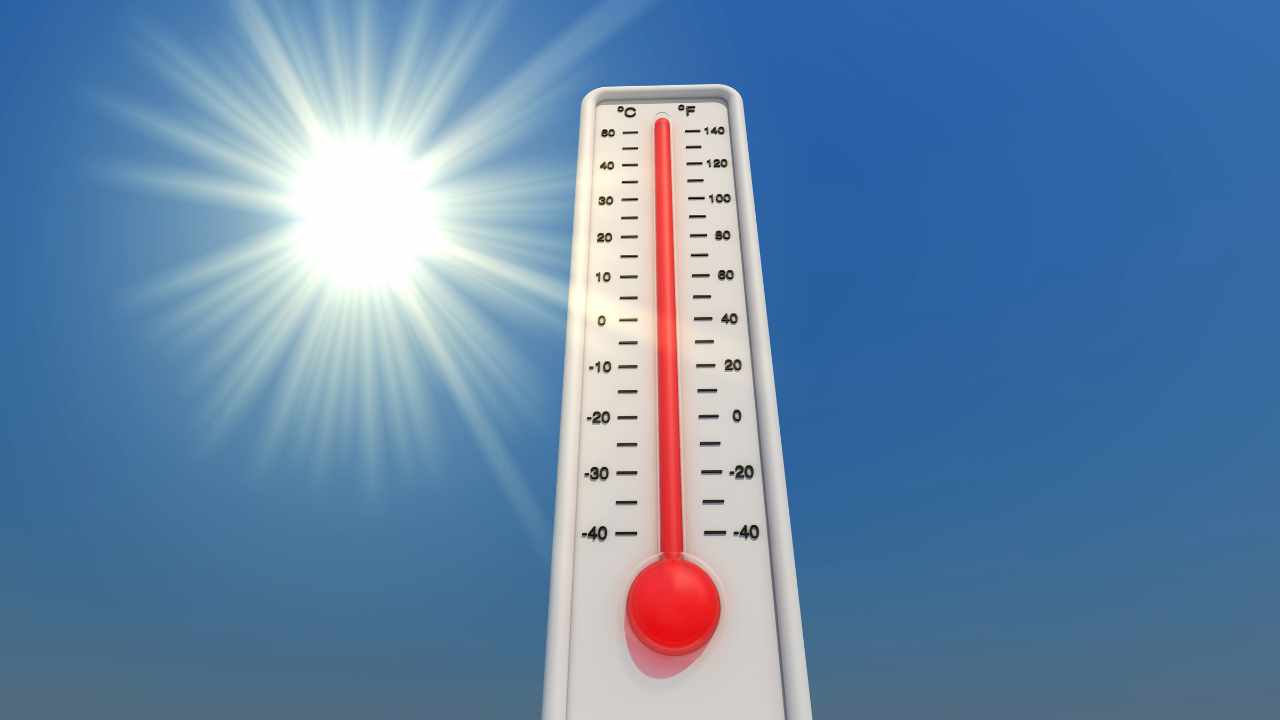Thermometers, ubiquitous in our lives, play a crucial role in measuring temperature accurately. From monitoring body temperature to ensuring food safety, these devices have become indispensable. In this article, we will explore the significance of thermometers, their types, working principles, applications, and tips for choosing and maintaining them.
Introduction to Thermometers
What is a thermometer?
A thermometer is a device used to measure temperature. It provides a quantitative assessment of the hotness or coldness of an object or environment.
Importance of thermometers in daily life
Thermometers are essential tools for various purposes, including medical diagnosis, cooking, climate monitoring, and industrial processes. They enable us to make informed decisions based on temperature data.
Types of Thermometers
Digital Thermometers
Digital thermometers offer quick and accurate temperature readings. They are commonly used in households and medical facilities due to their convenience and reliability.
Mercury Thermometers
Mercury thermometers consist of a glass tube filled with mercury. Although less common now due to mercury’s toxicity, they remain accurate and are still used in some applications.
Infrared Thermometers
Infrared thermometers measure temperature by detecting infrared energy emitted by an object. They are ideal for non-contact temperature measurement, making them suitable for various industries.
Ear Thermometers
Ear thermometers, also known as tympanic thermometers, measure infrared radiation emitted by the eardrum. They provide fast and accurate readings, especially in children.
How Thermometers Work
Thermometers function based on the principles of thermal expansion or infrared sensing. When temperature changes, certain materials expand or emit infrared radiation, allowing the thermometer to measure the change.
Advantages of Using Thermometers
Accuracy and precision
Modern thermometers offer high levels of accuracy and precision, ensuring reliable temperature measurements.
Convenience
Thermometers are portable and easy to use, making them accessible for both personal and professional use.
Speed of measurement
With advancements in technology, many thermometers provide instant temperature readings, saving time and effort.
Common Applications of Thermometers
Medical use
In healthcare settings, thermometers are used to monitor body temperature, aiding in the diagnosis and treatment of illnesses.
Food industry
Thermometers help ensure food safety by monitoring cooking and storage temperatures, preventing foodborne illnesses.
Meteorology
Meteorologists rely on thermometers to track temperature changes and predict weather patterns accurately.
Industrial applications
Thermometers are used in various industries, including manufacturing and engineering, to monitor process temperatures and ensure product quality.
Choosing the Right Thermometer
When selecting a thermometer, it’s essential to consider factors such as accuracy, measurement range, response time, and intended use. Matching the thermometer to the specific application is crucial for obtaining accurate results.
Care and Maintenance of Thermometers
Proper maintenance ensures the longevity and accuracy of thermometers. Cleaning them regularly and storing them correctly prevents contamination and damage.
Safety Precautions When Using Thermometers
Handling mercury thermometers
Mercury thermometers require careful handling due to their toxic nature. Proper disposal methods should be followed to minimize environmental impact.
Ensuring accuracy and reliability
Regular calibration and verification are necessary to maintain the accuracy and reliability of thermometers, especially in critical applications.
Future Trends in Thermometer Technology
Innovations in temperature sensing technology continue to evolve, with advancements such as wireless connectivity and miniaturization. Integration with smart devices allows for remote monitoring and data analysis, enhancing efficiency and productivity.
- Thermometer Calibration Procedures
Regular calibration is crucial for maintaining the accuracy of thermometers. Calibration involves comparing the thermometer readings with a known reference temperature. This process ensures that the thermometer provides reliable measurements over time. Calibration intervals may vary depending on the thermometer type and usage environment.
- Thermometer Storage Recommendations
Proper storage is essential to protect thermometers from damage and maintain their accuracy. Thermometers should be stored in a clean, dry environment away from direct sunlight and extreme temperatures. Storing them in their original cases or protective covers helps prevent breakage and contamination.
- Emerging Trends in Thermometer Design
The field of thermometer design is continually evolving to meet the demands of various industries and applications. Recent trends include the development of compact and portable thermometers for on-the-go use, as well as the integration of advanced sensors for enhanced accuracy and reliability. Additionally, there is a growing focus on eco-friendly materials and energy-efficient designs to minimize environmental impact.
- Educational Resources for Thermometer Users
Many resources are available to help users understand thermometers better and use them effectively. Educational materials, such as user manuals, online tutorials, and training programs, provide valuable information on thermometer operation, maintenance, and troubleshooting. Additionally, professional organizations and industry associations offer workshops and seminars on temperature measurement best practices, ensuring users stay updated on the latest developments in the field.
These additional points provide further insight into thermometer calibration, storage, emerging trends, and educational resources, enhancing the reader’s understanding of temperature measurement principles and practices.
Conclusion
Thermometers are indispensable tools for measuring temperature accurately in various fields. From medical diagnostics to food safety and industrial processes, their importance cannot be overstated. By understanding the different types of thermometers, their applications, and proper maintenance procedures, users can ensure reliable temperature measurements and make informed decisions.




